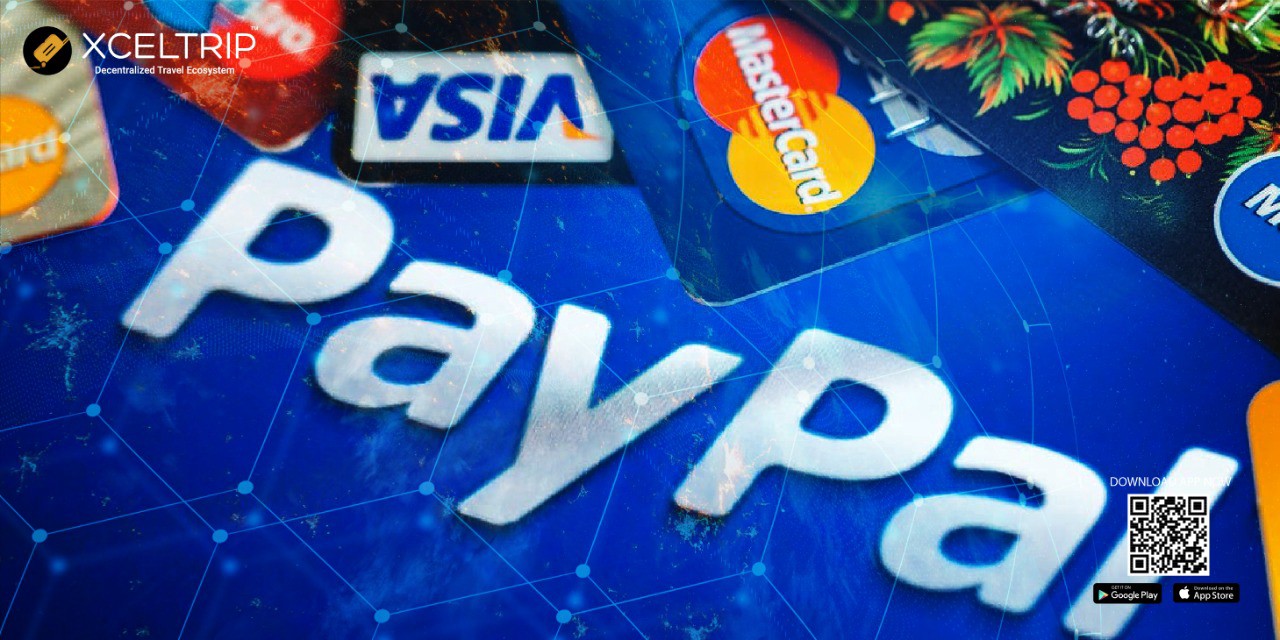How Does a Cryptocurrency Wallet Work?
Wallets are software which can be used to view cryptocurrency balances and make transactions. Each wallet type is a little bit dissimilar, but in general, any given wallet will work with one or more cryptocurrencies and will be able to store one or more cryptocurrency-specific “public addresses.” Public addresses are like cryptocurrency-specific account numbers, they can be used to receive a specific type of cryptocurrency (for example, to receive Bitcoin, you need a Bitcoin address) and can be shared publicly.

Each address relates back to all transactions associated with that address on a coin’s blockchain. A wallet lets you view balances associated with an address and lets you move funds around on the blockchain as long as you are the owner of the address.
Proving you own the address is done with a private key (a secret code associated with a public address) in non-custodial wallets. In custodial wallets, the custodian (a third party like an exchange, broker, etc) holds the key for you, and it is just a matter of inputting your password into their wallet app. Basically a wallet is like your online bank account platform, your address is like your account number, the blockchain is like the bank’s ledger, and with custodial wallets the custodian is a bit like your banker.
Don’t share your private keys: As the name implies, you can share your public address publicly… however, you should never share your private keys and passwords with anyone. Make sure to check out the additional security suggestions below!
Crypto is a Tally on the Blockchain, it Isn’t Stored in Your Wallet: Cryptocurrency itself is not actually “stored” in a wallet, it is stored on a coin’s blockchain. Your wallet is simply software designed to interact with the blockchain. Your wallet stores addresses, not crypto tokens (aka coins). For example, a Bitcoin wallet interacts with the Bitcoin blockchain, allowing Bitcoins to be moved between addresses by the owners of those addresses, and allowing users to see the balances associated with an address.
Technical stuff: Many wallets are protective wallets. With protective wallets all you have to worry about is the balances displayed and your public address. However, full wallets, like the official wallet of each coin are a little more complicated. Behind every address is a private key (a secure digital code known only to you and your wallet). A private key shows ownership of a public key (a public digital code connected to a certain amount of currency). Then finally, each set of private and public keys is connected to a public address (an encrypted version of the public key). So, your wallet is software that stores your private keys, public keys, and public addresses, lets you send and receive coins, and also acts as a personal ledger of balances and transactions.
Tags:
Login to your account.




